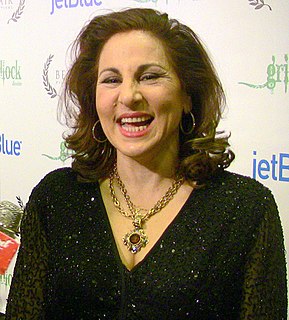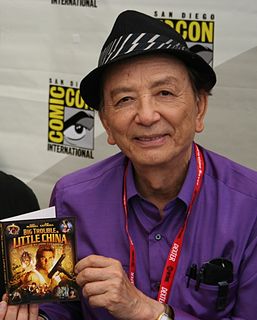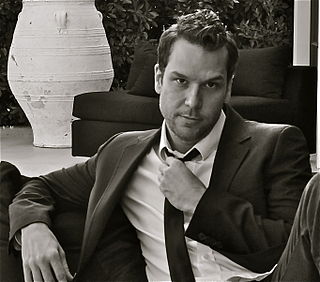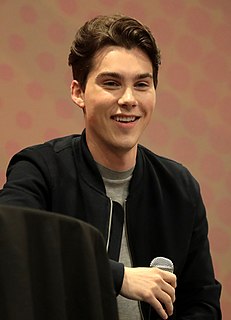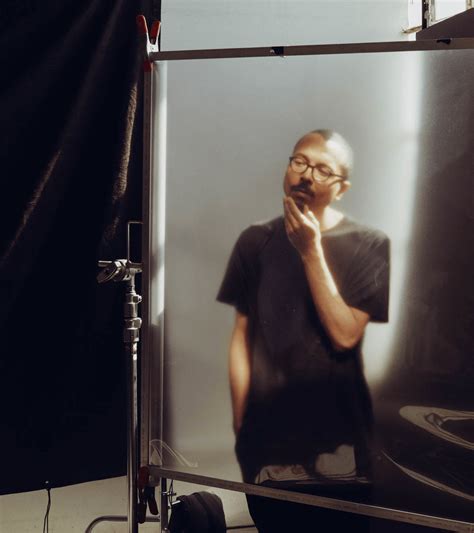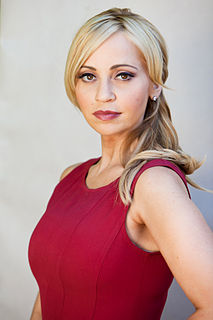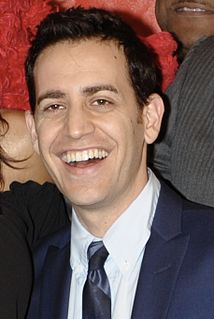A Quote by Joshua Rush
In live action, you go scene by scene, but in voice over you go line by line. In voice over you do a lot more takes.
Related Quotes
It really depends, but, generally speaking, just because of the mechanics of it, voice-over is easier because there is no hair, no makeup, no wardrobe, no fittings, no line memorizing. You don't have to me woken up in Russia at 6 in the morning and go film a scene. It's just easier on the body, the family life to do voice-overs.
Because of the way that I work with the actors and because a scene is not in this rigid and literal interpretation of something written, I can constantly change stuff, which means I can get a scene absolutely perfect, and then when we go to shoot it, the requirements of the shot mean it would be useful to extend the dialogue or take a line out or swap things around. So the camera doesn't serve the action. The action serves the camera. That's important. So it becomes more and more organic and integrated.
Live-action has always been my focus and my passion. I love voice-over, and I definitely could see myself doing some voice-over, as much as I could, and even if I ended up doing only that for the rest of my life, and I could be successful at it, that would be great. But I think my real dream is to do films and live-action films.

